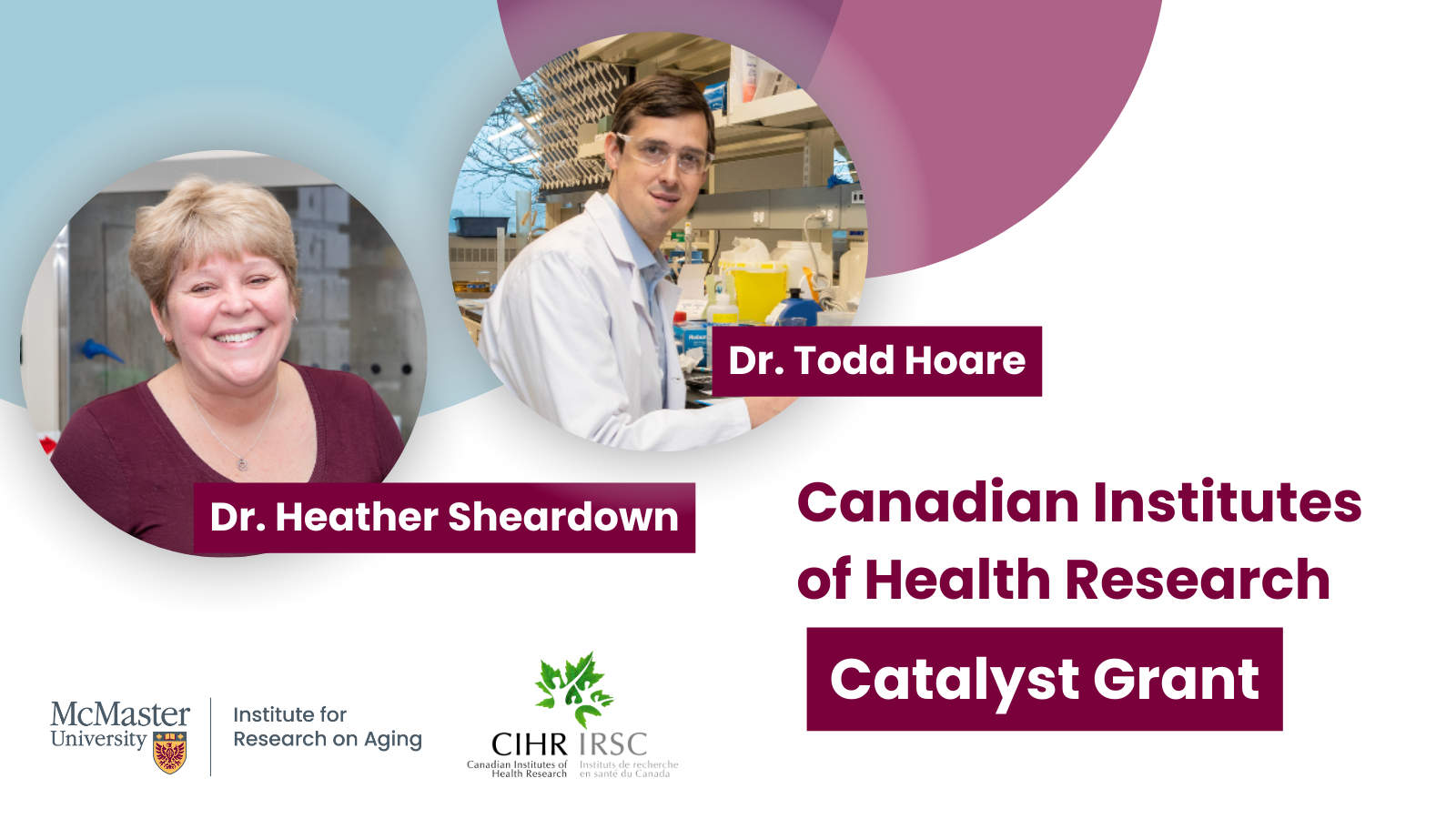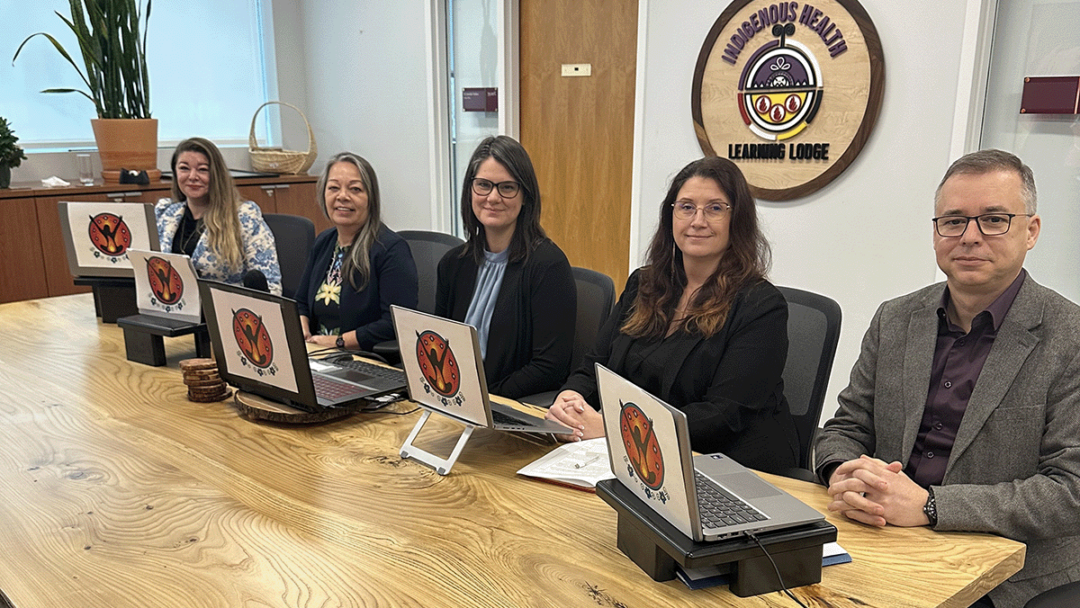With 44 per cent of adults and 73 per cent of seniors living with at least one chronic disease, the need for more targeted, equitable care has never been greater. That’s where precision medicine comes in—an approach that tailors care to each person’s unique genetics, lifestyle, environment and lived experiences.
To explore—at a molecular level—how differences in social and economic conditions, known as social disparities, influence inflammation and the development of disease in middle-aged to older adults, a research team at McMaster University has been awarded $2 million over five years by the Canadian Institutes of Health Research (CIHR) and its partners.
The study, titled Social BEACON (Social disparities-Biological ExplorAtion CONnecting multi-omics approach with healthy aging) is led by Parminder Raina, who will bring together an interdisciplinary group of researchers from across the country. The funding is part of a $38 million investment from CIHR in 19 research teams and a national knowledge mobilization hub.
“Social BEACON aims to uncover the underlying mechanisms linking social disadvantage to inflammation and age-related diseases,” said Raina, the scientific director of the McMaster Institute for Research on Aging (MIRA) and a professor in the Department of Health Research Methods, Evidence and Impact at McMaster University.
The research will use a multi-omics approach, integrating various biological data such as genetics, epigenetics, blood metabolites and the gut microbiome, and leverages existing data on physical, mental and social health from the Canadian Longitudinal Study on Aging (CLSA), a national research platform on health and aging involving more than 50,000 community-dwelling adults.
“By understanding the molecular drivers of disease and the pathways through which social disparities impact health, the project will generate evidence that will inform the development of focused interventions and improve the health outcomes of all individuals in Canada,” said Raina, the lead principal investigator of the CLSA.
Social BEACON will introduce new measures into the CLSA, such as epigenetic analyses on additional CLSA participants, and proteomics, which measures proteins in the blood. The aim is to elevate the CLSA to become Canada’s leading precision health research platform, offering cutting-edge data that is readily accessible to researchers.
The Social BEACON initiative also focuses on training and mentoring the next generation of researchers, while also prioritizing engagement and knowledge mobilization to ensure that research findings lead to real, impactful benefits for Canadians. To achieve this, a Social BEACON Participant Advisory Committee has been formed, representing individuals of various ages, ethnicities, health statuses and experiences.
“The CLSA is extremely valuable and that was the motivation for my participation,” said Penelope Petrie, a CLSA participant since 2015 and a patient partner on the Social BEACON grant. “But what has kept me in the study is the ongoing communication about the findings – through webinars, scientific papers and other reports. It’s a real motivator to stay involved. As a knowledge user, one of the things that will be very important to me is seeing the impact of the Social BEACON initiative.”

